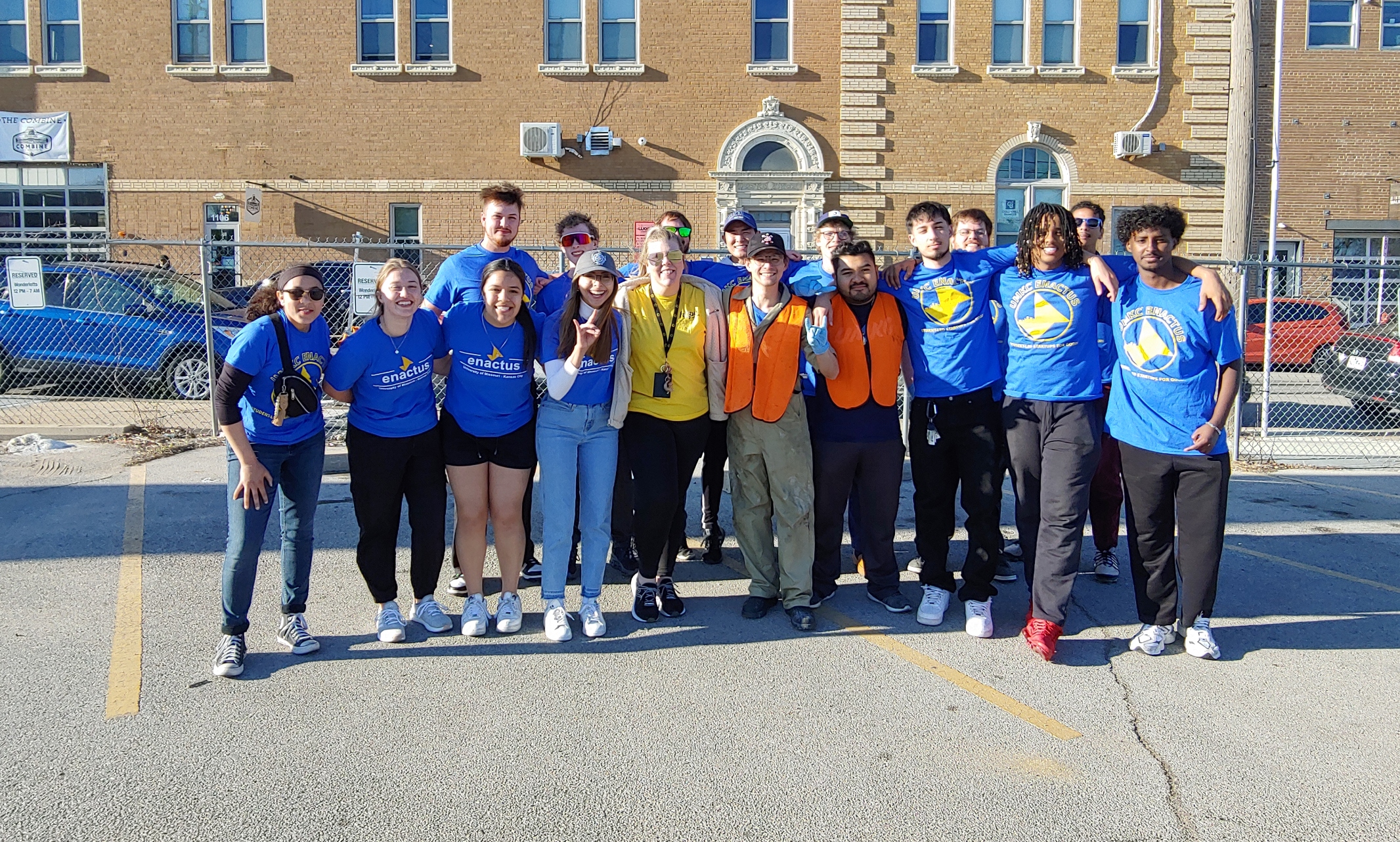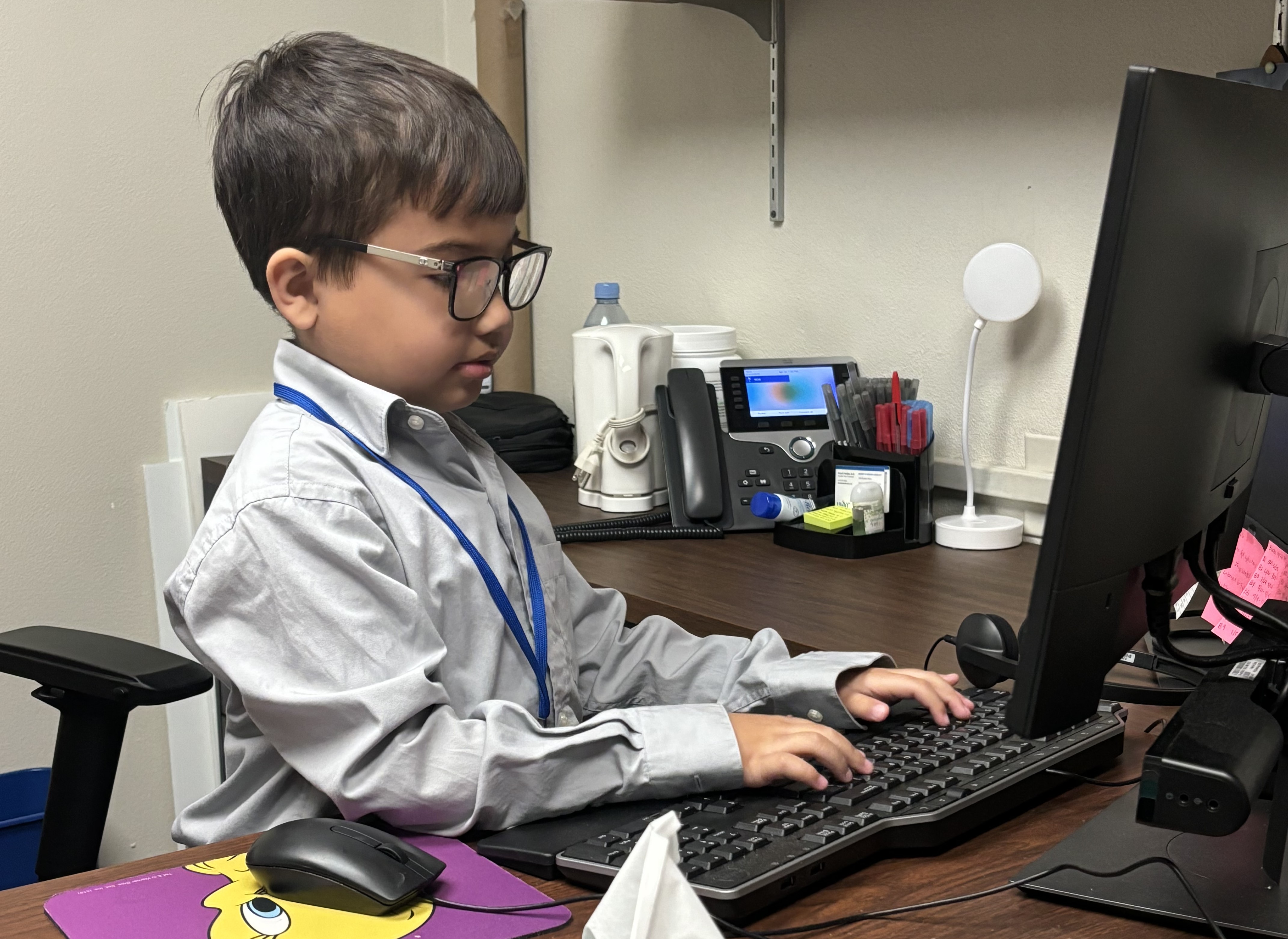Self-Service Resources
MyHR
Employee self-service portal for reporting time off, benefits enrollment, emergency contacts and performance reviews.
HR business partners and facilitators
Contact the HR representative for your department or group for a wide range of human resource services.
Percipio
The online learning platform delivers blended learning that lets you attend live and recorded training sessions.
Forms
We've compiled a library of the most used forms regarding benefits, compensation and time off.
HR Headlines

UMKC Students Help Kansas City Families Stay Driven
2 May 2024 | Students participating in Enactus partnered with Operation Breakthrough to keep Kansas City families on the road Read full story UMKC Students Help Kansas City Families Stay Driven

Take Your Child to Work Day 2024 - Recap
26 Apr 2024 | Employees celebrated Take Your Child to Work Day on April 25, 2024 by bringing their children to UMKC for the day. Read full story Take Your Child to Work Day 2024 - Recap

UMKC Staff Recognized at the 2024 Meeting of the Minds Conference
16 Apr 2024 | UMKC Staff members, Aly Frydman and Sabrina Monsees, awarded the “Outstanding Professional” designation and Student Peer Educator, Brenna Cronin, awarded the “Outstanding Student” designation at this year's Meeting of the Minds Conference. Read full story UMKC Staff Recognized at the 2024 Meeting of the Minds Conference
Upcoming Events
Explore the HR calendar to view important dates and find professional development, employee engagement and other motivational events.

We Hear You
We hope you feel comfortable approaching your supervisor to raise questions or voice concerns if you believe a violation of a law, policy or standard has occurred. However, in situations where conventional channels are uncomfortable or otherwise inappropriate, we provide alternative reporting options.
Integrity and Accountability Hotline link opens in a new tab